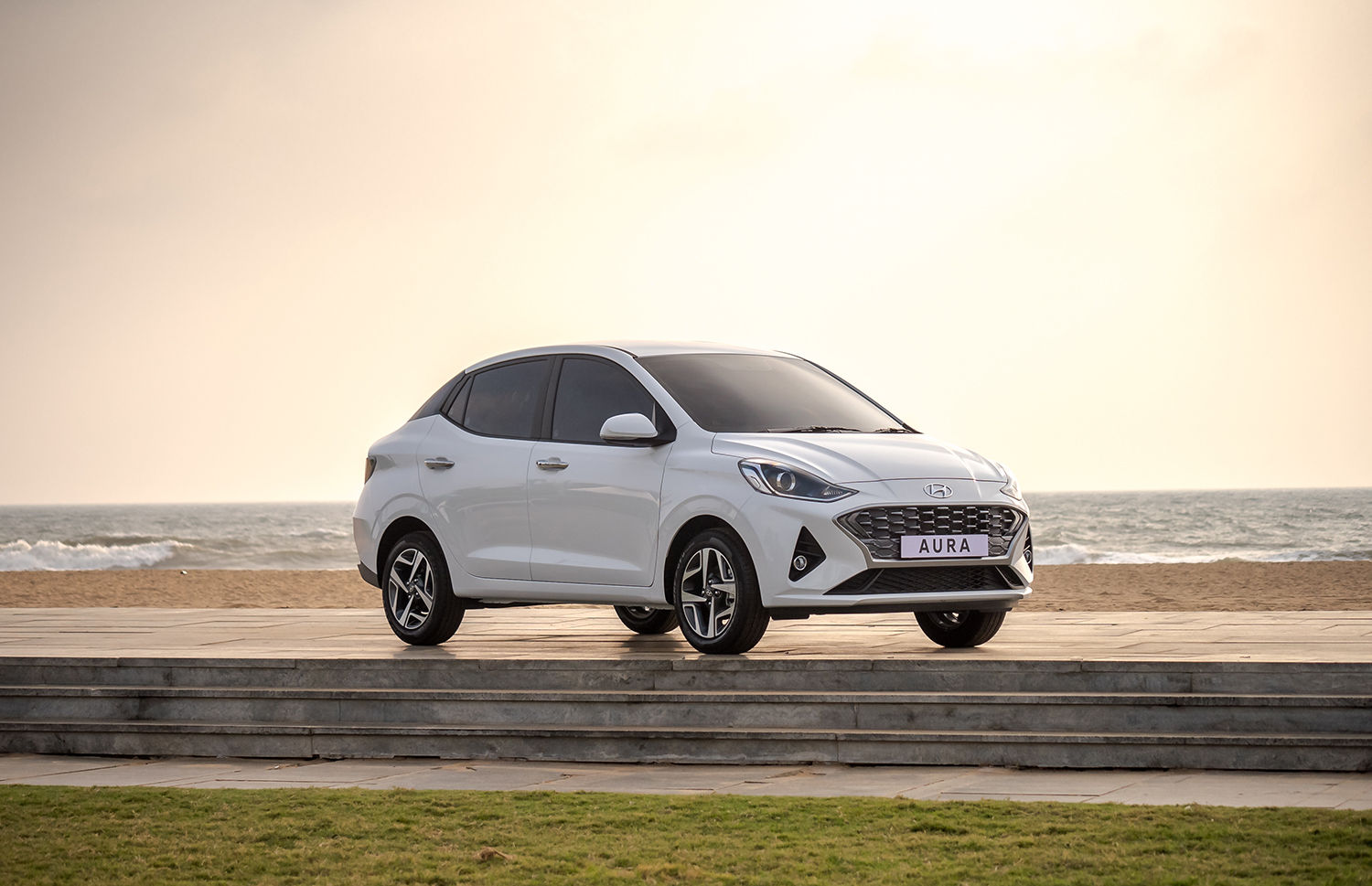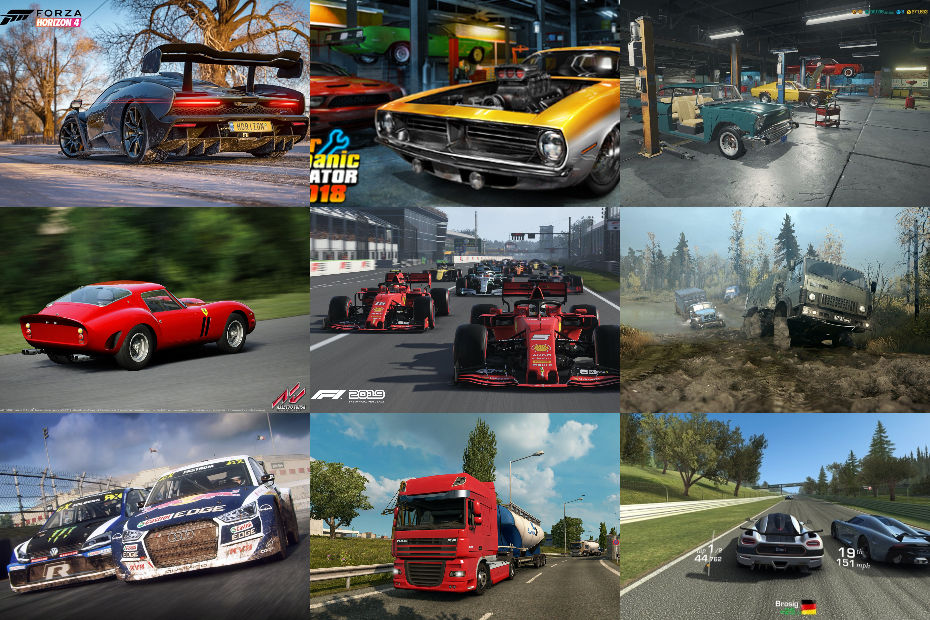Dynamics of How Dealer-Automaker Relationships Work in India
Published On Jul 23, 2012 06:31 PM By CarDekho
- Write a comment
A strong relationship between automakers and their dealers is the core for success of any car brand in any market. A car model may receive rave reviews, have a good track record and advanced technology, but without an invested dealer to represent the brand well, the brand’s model will not flourish.

The joint venture between Tata and Fiat in India is one interesting example. While Tata Motors was experiencing strong growth in fiscal year 2011, Fiat was experiencing a double-digit decline in sales. In widely published interviews, Fiat officials said they felt that there was no real attempt at the dealerships to promote the Italian brand and therefore decided to end their venture of selling Fiat models at Tata dealerships.
While we don’t intend to assign blame of the breakup for the joint venture, and while it remains to be seen whether the dissolution of the partnership is a good long-term move for Fiat and Tata, the example does provide an important illustration about why automakers need to have strong alliances with their dealer networks.
So what makes for a successful relationship between an automaker and its dealers? Based on our 40 years of experience working with automakers and retailers around the world, we can identify three critical elements to the foundation of a strong dealer-automaker relationship:
Mutual Trust
In the J.D. Power Asia Pacific 2012 India Dealer Satisfaction with Automotive Manufacturers Index (DSWAMI) StudySM, an impressive 100 percent of Toyota dealers surveyed indicated they are “pleased/ delighted” with Toyota’s vehicle reliability and dependability. Clearly, Toyota is very successful in engaging and empowering its dealers to be proud and confident of the quality of products they are carrying. The carmaker’s competency in building trust is a result of Toyota’s fundamental philosophy of viewing its dealers as partners instead of third-party entities.
Having a satisfied dealer network is critical because automakers rely on retail entrepreneurs who have the energy, financial resources and the commitment to represent its brand and distribute and sell its vehicles in a vast and populous nation like India. This is especially important with competition expected to increase in the coming decade.
In J.D. Power’s 2011 India Customer Service Index Study, the top reason for consumers defecting to a non- authorized service facility is “convenient location”. Based on financial models developed by J.D. Power— and depending on the size of dealer’s prime marketing area— these defections can represent millions of rupees in loss revenue. Clearly, gaps still persist between the total increase in vehicles on the road and available service network space. In addition, this problem is aggravated by Indian customers’ increased expectations, including wanting a rapid response from dealers and quick turnaround for servicing their cars.
Offering customers a pleasant and delightful after-sales service is as important as closing the sale itself since more than 90 percent of service customers who are highly satisfied with their service experience at the dealership, say they “definitely will” revisit their service dealer for post-warranty service. Of course if dealerships are not available in the local neighborhood, the chance for building loyalty and advocacy among customers —and generating service revenue for dealers and parts revenue for automakers— is greatly reduced.
Ensuring Financial Viability for Dealers
Dealers have to be financially prudent and invest in the business, by upgrading IT infrastructure and/or enhancing showroom appearance. In turn, automakers have to complement those investments with proper marketing territory and sales planning. Additionally, automakers must back dealerships in finding processes and new revenue streams to help withstand the cyclical downturns inherent in the automotive industry everywhere in the world.
In light of a projected slowdown in India automotive sales in fiscal year 2012, dealers are already looking to diversify sources of revenue to remain financially viable. In our Dealer Satisfaction with Automotive Manufacturers Study, sales of spare parts, accessories and commissions from financial institutions are forming a larger share of expected earnings (34%) in comparison to last year (22%). According to the study, automakers that support dealers in this area of revenue diversification have higher satisfaction scores in their working relationship with their dealers.
Another avenue for ensuring financial viability for dealers is in terms of helping them to defray the cost of marketing expenditures. Study findings indicate that dealers are the least satisfied with the support they receive in sales and marketing. Based on interviews with key automotive executives in our India 2020 Report, it is estimated that marketing and advertising costs frequently account for as much as 25% of the total cost to produce, transport, market and sell a vehicle. Helping dealers to reduce expenses in this area would substantially increase the bottom-line for dealers.
Building Strong Interpersonal Dynamics
Achieving good relations between dealership staff and automaker staff requires consistent focus on day- to-day operations. Making frequent visits to the dealerships, exhibiting an openness to listen, and being responsive to requests and feedback all have significant impact on dealer satisfaction.
When all these actions are supported by solid operational processes-- such as informing dealers about delays in delivery; providing updates on vehicle delivery status; expediting quick delivery of spare parts within promised time frames; and reducing the number of days to settle warranty claims—the stage is set for a successful automaker-dealer relationship.
In short, while much can be done at an organizational level to create an environment conducive for dealers to do business, it all comes down to passionate and connected individuals on the ground working together for mutual benefit—Mohit Arora, executive director at J.D. Power Asia Pacific, Singapore.
#Editor's Note: Feature based on PR















